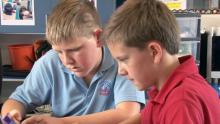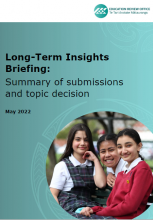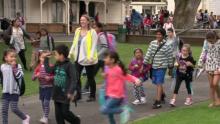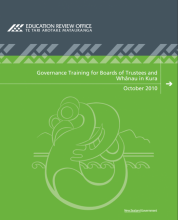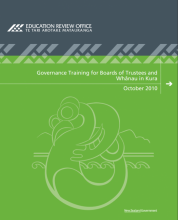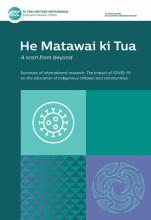Connecting with families
A deliberate approach engages family and whānau in learning centred relationships. This approach expands and strengthens the community of learners so that more active support and opportunities are provided for all the children.
